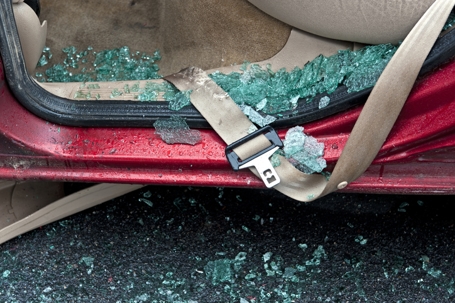What Is Corporal Injury to a Spouse or Cohabitant
Being arrested for corporal injury to a spouse or cohabitant is a serious matter that can have long-lasting legal and personal consequences. This charge typically arises from domestic situations and involves alleged physical harm to a current or former spouse, partner, or someone with whom the defendant has lived. If you or a loved one is facing this accusation, understanding the nature of the charge and the bail process is essential.
What Is Corporal Injury to a Spouse or Cohabitant?
In California, Penal Code 273.5 covers this offense. It involves causing a visible or measurable injury—such as bruises, cuts, or swelling—through physical force. The alleged victim can be a:
- Spouse or ex-spouse
- Cohabitant or former cohabitant
- Romantic partner or parent of the defendant’s child
This charge is considered a wobbler, meaning it can be prosecuted as a misdemeanor or felony depending on the severity of the injury and the defendant's prior criminal record.
What Happens After an Arrest?
Once arrested, the accused will be taken into custody and booked. A bail amount will be set based on local bail schedules and individual circumstances such as:
- Prior history of violence
- Severity of the injury
- Risk of fleeing or reoffending
If bail is granted, the defendant can be released from custody while awaiting court proceedings.
How Bail Bonds Can Help
Corporal injury cases often come with high bail amounts, especially if the charge is filed as a felony. This is where a bail bond agent can help.
A bail bonds service pays the full bail amount on the defendant’s behalf in exchange for a non-refundable fee, usually 10%. In some cases, collateral or a co-signer may be required to secure the bond.
Working with a licensed bail bond company allows for:
- Faster release from jail
- Flexible payment options
- 24/7 support and guidance
Legal and Emotional Considerations
Charges involving domestic violence carry emotional weight, and outcomes can affect child custody, employment, and immigration status. After release on bail, it's crucial to:
- Comply with court orders or restraining orders
- Avoid any contact with the alleged victim (if required)
- Seek legal counsel immediately
Support Through the Bail Process
If you or someone you care about is dealing with a corporal injury charge, time is critical. A reliable bail bonds agency can assist with the release process and help reduce the stress of navigating the legal system.

need help?
Our pre-trail release expertsare available 24/7 and areready to help secure yourfreedom.
Call us nowLearn more about best california bail bonds
Have questions?
Our pre-trail release experts are available 24/7 and are ready to help secure your freedom.





